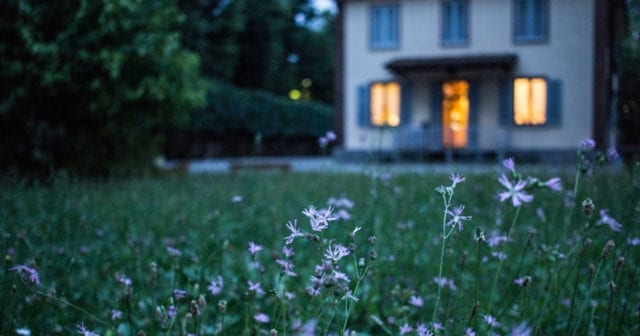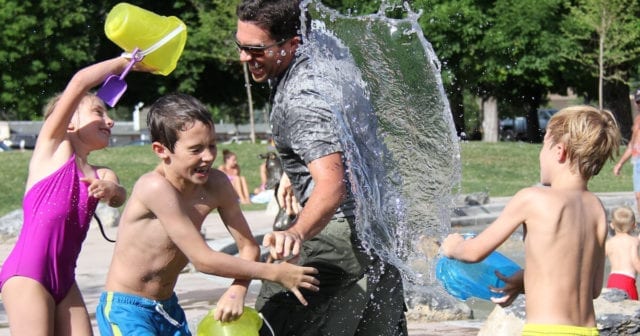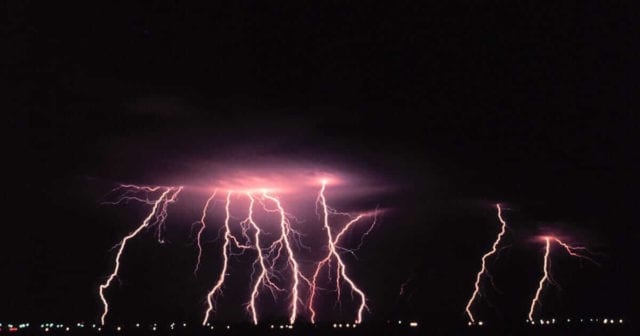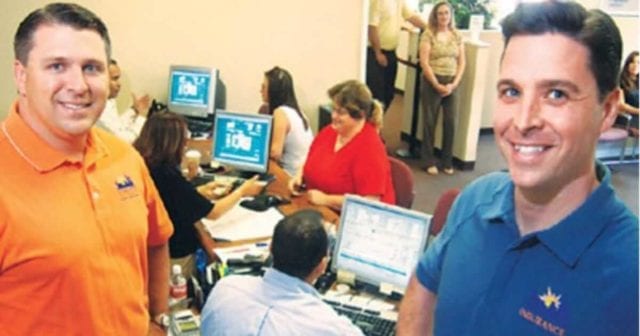When you buy a North Carolina home insurance policy, you assume that nearly anything that might happen will be covered by your insurance provider. Unfortunately, a standard policy doesn’t cover absolutely every potential danger a home or homeowner may face.
Here are a few things that you think might be covered under your basic homeowner’s policy that aren’t.
MOLD
Mold grows when there’s water damage. A busted pipe, flooding, or a leaky roof can all lead to mold. While your policy might cover the reason for the water damage – a tree fell on your roof in a storm – it may not cover the mold damage that shows up later. Mold grows from neglect – the broken pipe wasn’t fixed in time, water wasn’t cleaned well enough, etc. Sometimes you can purchase additional insurance for mold so it’s worth asking about but it’s better to take care of problems before mold can grow.
SEWER BACKUP
One of the grossest types of damage your home may experience is a sewer backup. When it happens, you can expect damage to floors, walls, furniture, and the electrical wiring in your home. Your standard policy won’t cover this but you may be able to buy additional insurance specifically to cover your sewer system.
SINKHOLES AND EARTHQUAKES
Only in Florida is sinkhole coverage mandatory and automatic. Everywhere else, both sinkholes and earthquakes fall under the category of “earth movement” which generally isn’t covered by a standard policy. You may be able to purchase a rider or additional coverage for it, though.
FLOODING
Standard home insurance policies do not cover floods. You might be covered if what caused the flooding (from a broken pipe or raining pouring into your home) occurred as part of another covered event but that’s about it. Instead, you need to purchase a flood insurance policy.
TERMITES
The only way to prevent and handle termites is through a licensed pest control company. If you have a termite infestation, your homeowner’s insurance isn’t the one to call. Most pest control companies in Charlotte offer service packages you can buy to help you if you do get termites.
TRAMPOLINE ACCIDENTS
Having a trampoline may seem like a lot of fun for you and the kids – until someone gets hurt. Your home insurance may not cover the falls, trips, breaks, and other accidents that happen from playing on a trampoline. If you must have one in your yard, you should consider getting additional coverage.
NUCLEAR ACCIDENTS
Millions of people live within 10 miles of a nuclear power plant here in the United States. But if there’s a major accident that causes damage or illness to nearby residents, it’s not your insurance that’s going to cover you. Instead, a 1957 federal law, the Price-Anderson Act, will compensate you for damage or injuries resulting from a commercial nuclear accident.
TERRORIST ATTACKS
The vast majority of terrorist attacks are considered an “act of war” which aren’t covered by a standard home insurance policy. If you live in a condo or co-op, you might be able to purchase insurance to cover your belongings. Generally, though, most insurance companies do not insure against terrorist attacks.
Your home insurance covers plenty of extremely common occurrences, especially things you can’t always prevent like lightning strikes, theft, and fire. It’s important to know what your policy does and doesn’t cover so you don’t have any nasty surprises when you need to file a claim.
Got questions about your homeowners policy? Need additional riders or coverage? Contact us at today.







